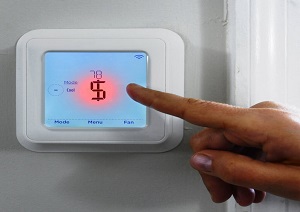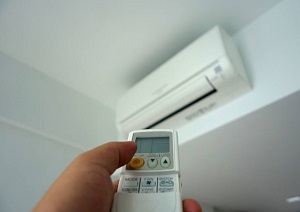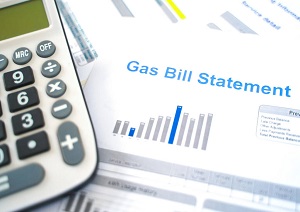Tips to Save on Your Energy Bill this Spring and Summer
As the temperatures heat up, it will soon be time to turn on your air conditioning for the first time this year. To ensure you are comfortable and keep your home efficient, here are some tips to keep in mind.
Keep Hot Air From Leaking Into Your Home
- Seal cracks and openings to prevent warm air from leaking into your home.
- Add caulk or weatherstripping to seal air leaks around doors and windows.
- Install window coverings to prevent heat gain through your windows during the day.
Operate Your Thermostat Efficiently
- Set your thermostat at a temperature you find comfortable and that provides humidity control, if needed. The smaller the difference between the indoor and outdoor temperatures, the lower your overall cooling bill will be.
- Keep your house warmer than normal when you are away, and lower the thermostat setting when you return home and need cooling. A programmable thermostat allows you to do this automatically and without sacrificing comfort.
- Avoid setting your thermostat at a colder setting than normal when you first turn on your air conditioner. It will not cool your home any faster and could result in excessive cooling and unnecessary expense.
Use Fan and Ventilation Strategies to Cool Your Home
- Turn off ceiling fans when you leave the room. Remember that fans cool people, not rooms, by creating a wind chill effect.
- When you shower or take a bath, use the bathroom fan to remove heat and humidity from your home. Your laundry room might also benefit from spot ventilation. Make sure bathroom and kitchen fans are vented to the outside (not just to the attic).
Keep Your Cooling System Running Efficiently
- For maximum energy savings, schedule regular maintenance of your cooling equipment.
- Vacuum your air intake vents regularly to remove any dust buildup. Ensure that furniture and other objects are not blocking the airflow through your registers.
- Change your filters every 2-3 months.
Lower Your Water Heating Costs
The Consumer Product Safety Commission recommends setting your water heater to no more than 120 degrees to prevent scalding. Lowering it a bit in the summer will conserve energy and save some money.
Content provided by energy.gov



